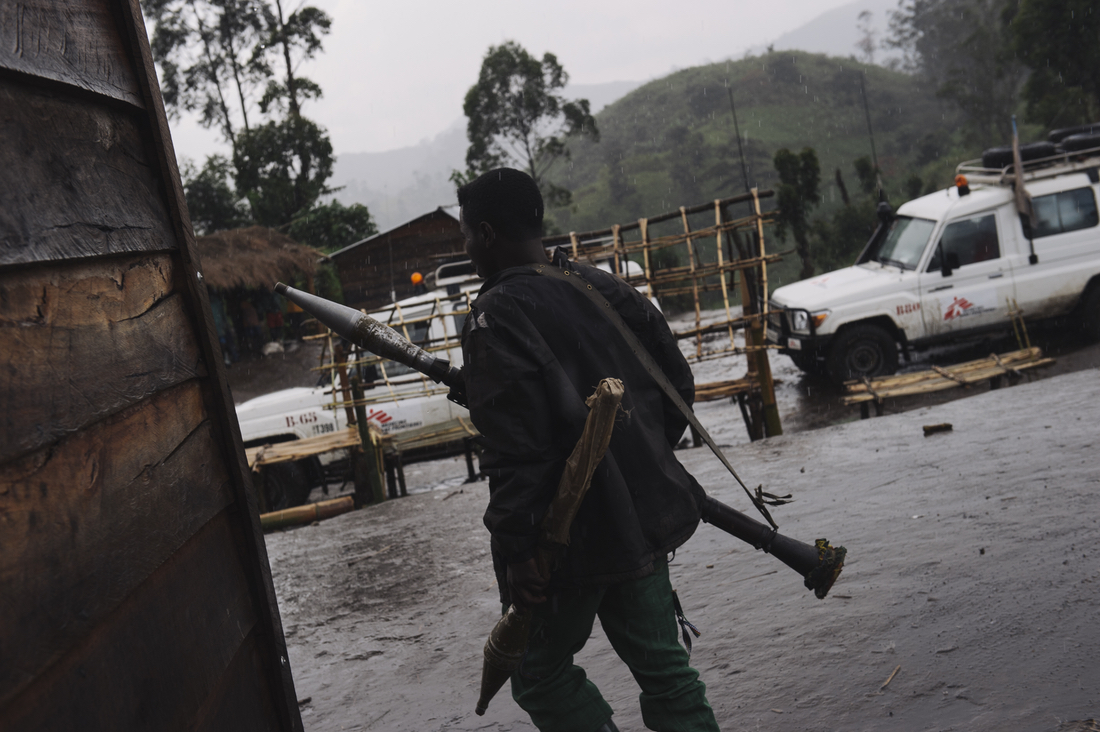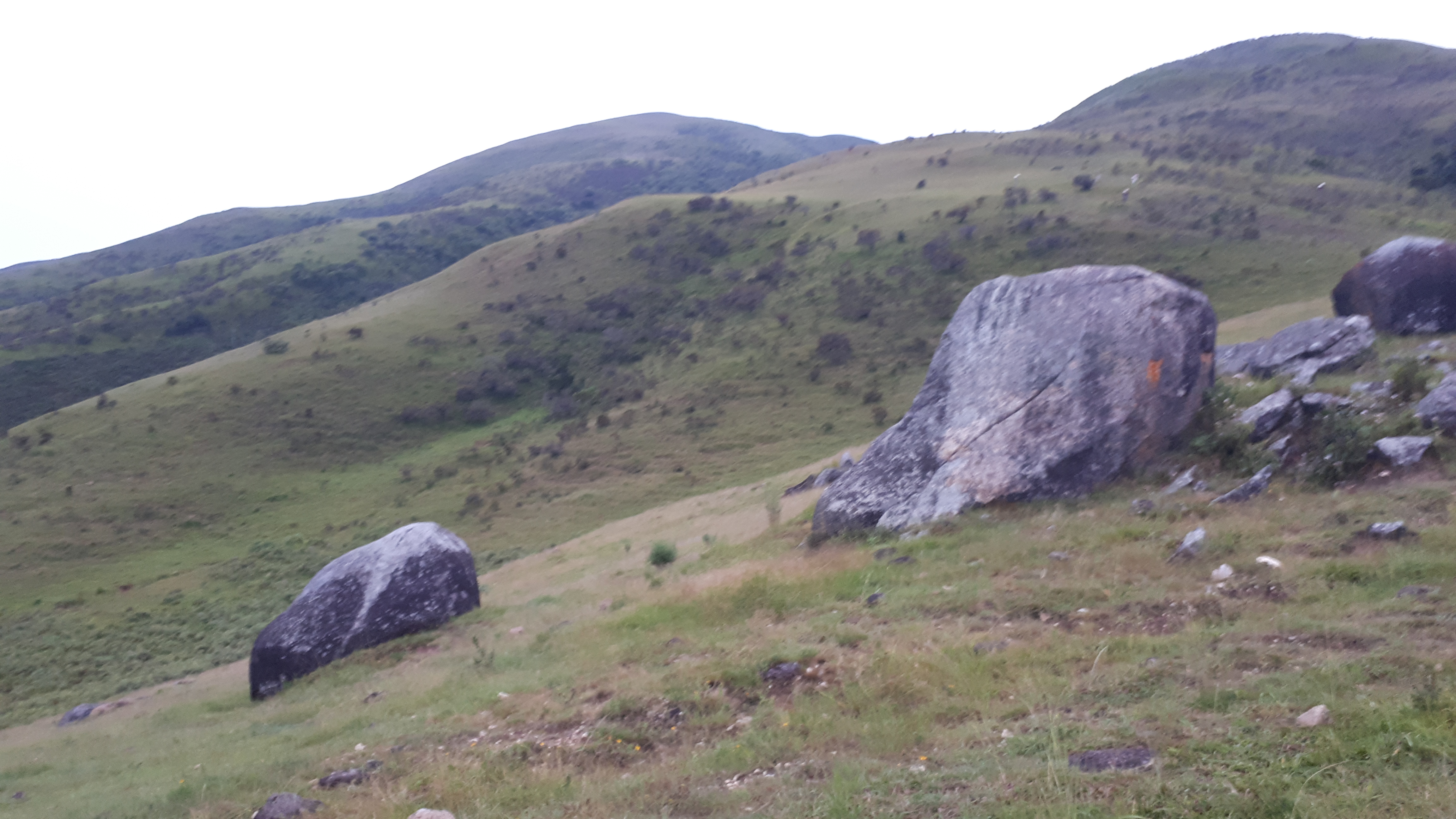
I was shocked and saddened again last week when an announcement came in that one of my primary schoolmates was shot dead in his house within the neighborhood of my village. For unclear reasons, somewhat related to church’s leadership, “bad guys” decided to shot him dead in front of the wife and their 6 children. It was as horrific as none of us would have expected such awkward killing be plotted from the close family relatives so long as they have been primary suspects. Even though the investigation might be going on, I would apologize for pointing a finger to those suspects as they may yet be discharged in that case. Nevertheless, I am so skeptical on the skills and knowledge in the hands of the National Police in my native region to deal with such wrapped shooting using lethal guns and real bullets during the nights. It has also to be noted that these incidents are countless and may involve people with integrity in the past. It’s becoming a huge concern that requires debates and imminent-durable solutions.
The death of primary’s schoolmate brought me 25 years back when we’ve all of us been attending the Sunday-School as “good” guys. Few years ago, a friend who barely stands as a younger brother reminded the decision taken by our church’s leaders to punish them as a group of boys from the Sunday-School. The decision of punishing them concerned a case in which these younger boys had slightly shown signs of disrespect to a neighbor who belongs to an ethnic community different from mine. The incident took a pace that required an intervention of the village church’s leadership to avoid a type of implicitly supported discrimination because the neighbor stood as a minority in our village. Unfortunately, as I got reminded, the message to these younger boys had initially been preceded by “sticks” to have them bending to the village order that forbidden to disobey an old person, especially someone who served as a deacon within the Free Methodist Church. The sticks and then carrots had been the normal approach of educating young people and we all have gone through these. However, I have ever imagined that some of us would fall into barbarism to the extent of resorting to violence that kills even their relatives for settling family-church issues.

It has been as “normal” as the killing would target a neighboring ethnic community who, sometimes, is considered as an enemy. To a large extent, guns have been used by armed men belonging to militias operating in the region but mostly characterized by ethnic motivations—choices—targets when using their weaponry. They were largely seen as the “bad or good” guys based on the appreciation of the victims or the indifferent observer. It has been an odd daily diet that local population can no longer afford to host. However, there have been limited choices in terms of dealing with armed militias. Nevertheless, as the use of uncontrolled guns has been widely spreading all around, the use of gunfire has largely dominated the settlement of accounts for uncommonly matters. The price of guns is becoming more or less cheaper to the extent that anyone can access it; though the costs are so huge. The guns are killing, being used for violence against women as well as racketeering; a weapon to access financial resources. Nonetheless, the use of guns for revenging is strikingly concerning the public opinion while threatening the region. Local population runs the daily life without a hope of returning home the evening or waking up safe in the morning.
The climate and developments around the use of guns in my region impose us to think twice and understand that violence wouldn’t be the right way of settling griefs. In addition, it leads to also doubt on our earlier age beliefs and how it cannot be sustained in front of the recent waves of violence within the State deficiency. The blogger suggests that good or bad guys can originate from any ethnic groups regardless the age or gender. That would sincerely be meaning that we can no longer rely on Sunday-School experiences or even the good wills of individuals to ascertain people’s safety. There is a need of upgrading the conceptions of our views with regards to the use of violence but mostly guns. Furthermore, the state functions have to be reviewed by decision-makers in order to establish the rule of law that involves the participation of local communities.
NTANYOMA R. Delphin
Twitter: https://twitter.com/Delphino12
Blog: www.edrcrdf.wordpress.com


Leave a Reply